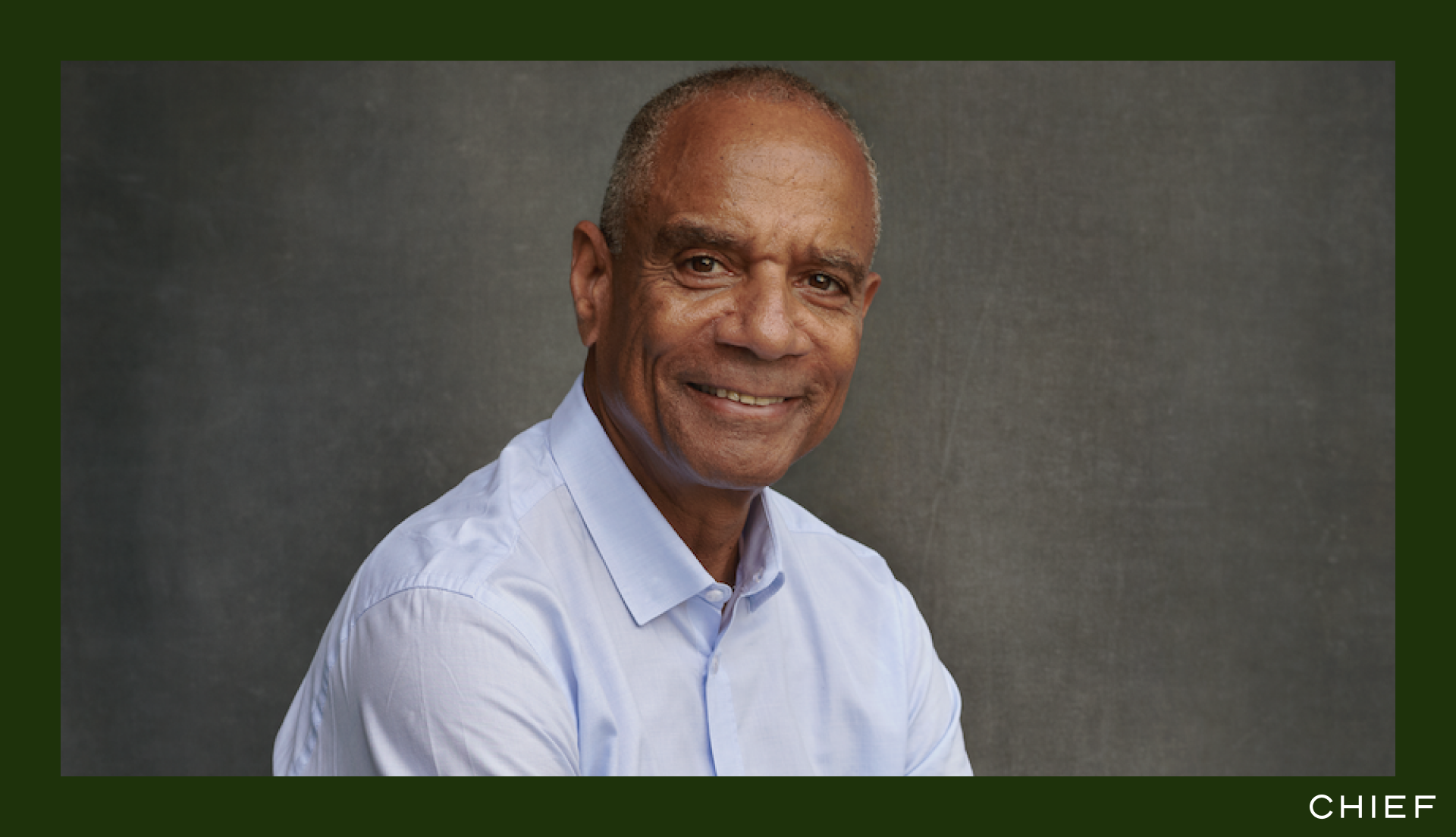Leading Through Crisis: An Interview With Ken Chenault

By Leah Fessler
Having led American Express through both 9/11 and the 2008-2009 recession, former AmEx CEO and Chairman Ken Chenault knows a thing or two about crisis management. Ken sits on Chief's Board of Directors and currently serves as Managing Director and Chairman of General Catalyst Partners.
Q. At a high level, what should we be thinking about and prioritizing when tackling this crisis?
Ken C: There's a harsh reality here, and it's that leadership reputations are made or lost during a crisis. People always look for authenticity from their leaders, but in a crisis it's non-negotiable. The mantra that I follow is that the role of a leader is to define reality and give hope.
Given the uncertain environment that we're in, it is very hard to define reality. From a business standpoint, I try to go through a very objective and rigorous assessment of the business based on what I know, what I think, and what I feel. I also try to make an assessment of the culture of the company, the organizational strengths, and very importantly, an individual assessment of each of my key leaders. You need to make an assessment of who is going to be able to deal with the challenges. And you need to know where you will have to provide strong support for individual leaders, on top of guiding the organization.
From a leadership standpoint, you have to demonstrate that you have your priorities in order. The first priority is your people. You've got to focus on their safety, health, and wellbeing — and the same for your customers and clients. Your organization, people, and customers need to know that you really understand and empathize with them. You have to continually communicate with transparency and provide context.
Obviously, you have to talk about what you know, and what you don't know. In this uncertain environment where facts are constantly changing, you need to prepare people for a series of pivots, and give them context for why you're making those pivots. You have to prepare your organization to be adaptable because the decisions that you're making now — some of those will change. The circumstances will change. So you have to explain your rationale and context for every pivot.
One thing that I always try to do, especially in a crisis, is to come up with a few key objectives that I want the organization to be focused on. For example, when American Express was going through the financial crisis, I talked to the entire organization about three objectives: Stay liquid, stay profitable, and selectively invest in growth. I continue to draw upon these three objectives in my daily work, and during this crisis.
Q. Any parting wisdom for all of us navigating this unprecedented uncertainty?
KC: This is a time to be very focused and clear on what you want to stand for as a person. What do you believe? I really think we're going to get to the other side of this. And that's why hope is also so important. Something I've tried to do in every crisis, and I'm definitely doing now, is dreaming a little bit. I try to think about what it will be like and what I will do when this is over. That gives me some hope, and gives me objectives to strive for. All of us are leaders, and we like to strive for something. So think about something that you want to accomplish, contribute, or that excites you. We all need some positivity in our lives. For me it's trying to visualize what I will do differently when this is over, and how I will make an impact.
I would also advise using this time to try to fortify yourself. One of my heroes is Nelson Mandela. There are a number of reasons why I hold him in such high esteem, but he was literally incarcerated for the majority of his life. And he didn't just survive — he actually became a stronger, more impactful person through an incredible personal crisis. So whenever I go through a crisis of personal anxiety, I remind myself that he was able to improve.
What's important here is for all of us to reach out for help when we need it, on both business and personal matters. Don't try to carry everything on your shoulders. But also take this opportunity to dream a bit, because you're dealing with a very harsh reality every day. I really do believe that we're going to get to the other side of this. Especially with leaders like everyone here at Chief, leaders who want to make a difference. I have confidence in the human spirit.
This interview was lightly condensed and edited for clarity. Updated October 21, 2020.